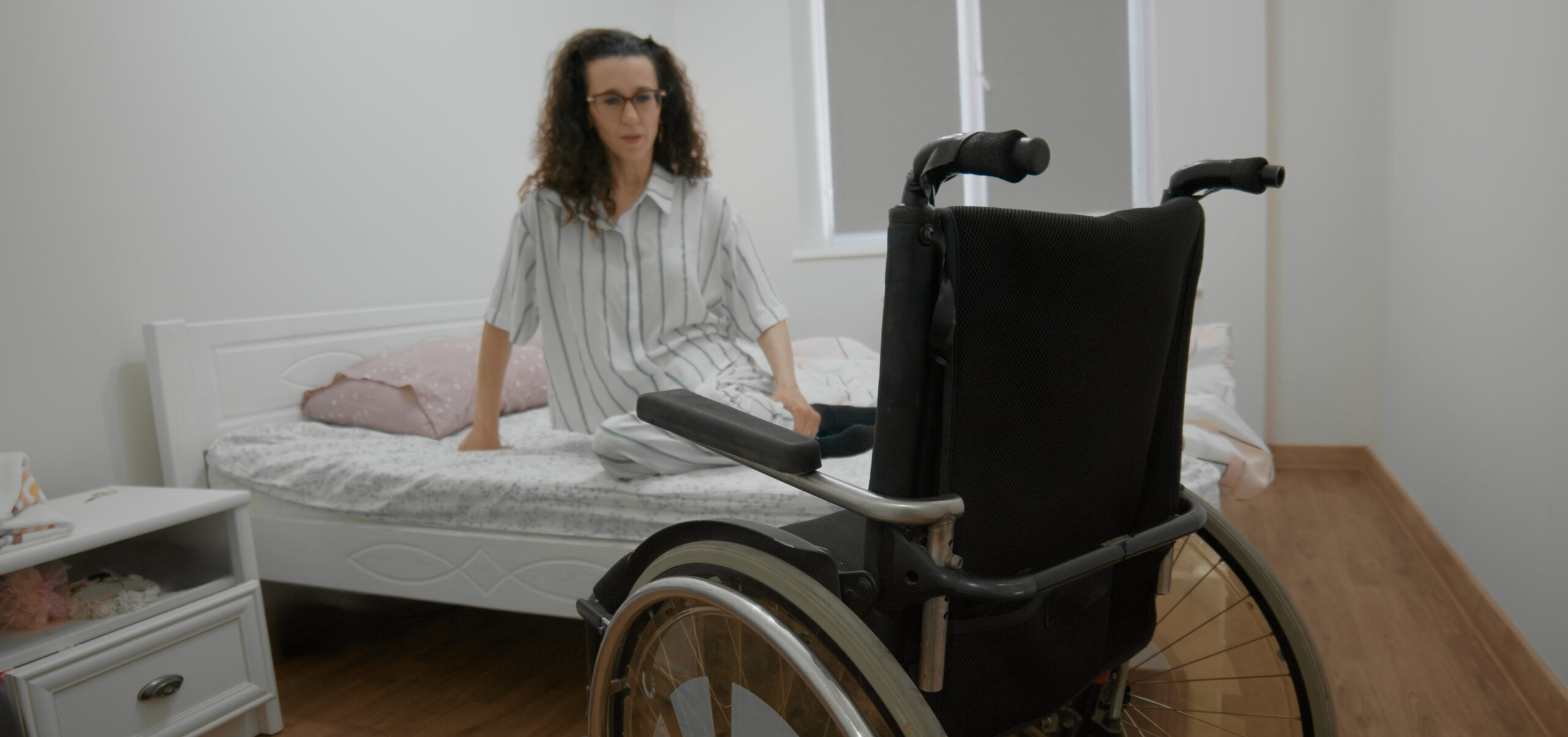Short-term disability (STD) insurance typically covers weeks or months of inability to work for personal health reasons. Healing doesn’t work on a timetable, but insurance companies do. Insurers have been known to deny STD benefits simply to discourage plan members and save money.
What can you do when the end of your short-term benefits approaches—especially if the company isn’t playing fair?
Rules and Laws for STD Insurance
Before a policyholder can receive STD benefits, they typically have to wait for an elimination period to pass after their injury or diagnosis. This pause can last for two weeks or longer, depending on the policy; shorter elimination periods tend to come with higher premiums. To be eligible for STD benefits, the policyholder usually has to anticipate a lengthy illness of several weeks or months and provide medical proof of this.
STD benefits pay only a percentage of the policyholder’s usual wage. Depending on the plan, they may be up to 80% of the wage and are typically available for a year or less. The insurer may require regular reports on the beneficiary’s health status during the benefit period.
STD plans can be purchased individually on the open market or offered as group plans through employers. Individual plans can be customized, but they tend to be more expensive than group plans. The state of Florida does not require employers to offer STD plan benefits, but when employers do offer them, they are typically governed by federal ERISA law.
Plans covered by ERISA law have to maintain different standards than individual insurance plans. Individual policies in Florida are generally covered by Florida state law, although you will need to check your policy and circumstances to confirm the state law that applies.
The federal standards that ERISA requires may or may not be helpful to a policyholder. One stumbling block for disabled insureds is the dispute and appeal process that ERISA requires.
Denials of Short-Term Disability
When your STD benefits are denied or cut off while you are still unwell, your options depend on the type of policy you have and whether ERISA governs it. The mandated ERISA dispute process can favor insurers more than policyholders.
Under ERISA, you first have to appeal your claim denial to the insurer. As a plan member, the law gives you a right to a “full and fair review,” but it is vitally important to get this review right. It is your last opportunity to provide medical and vocational evidence and create a file for your case. If your claim is denied again, you can appeal to a federal judge, but the judge can only review the evidence already submitted to the file. To convince the judge, you will need to demonstrate that the insurer’s decision was “arbitrary and capricious”—a tough bar to meet without solid evidence.
An ERISA disability attorney understands how to create a lengthy, detailed appeal letter and submit the evidence you need. If you have long-term disability (LTD) insurance, it may require you to exhaust your STD benefits first. Your attorney should work not just to handle your STD appeal but to lay the groundwork for your LTD claim.
If you have an individual STD plan, Florida law allows more leeway in your challenge. You have a right to a jury trial, as you would if you encountered an unfair denial on another type of insurance policy.
However, no one actually wants to go to trial—it is an expensive ordeal. An experienced attorney can use this to your advantage, working to settle the matter in your favor as quickly as possible. Short-term health problems often become long-term issues, resulting in partial or total long-term disability.
When Benefits End, What’s Next?
Long-Term Disability Insurance
LTD coverage typically has longer elimination periods, often up to two years, intended to discourage people from joining when they have immediate medical issues. As with STD coverage, LTD coverage may come through employer benefits packages, governed by ERISA, or individual purchases, governed by state law.
An LTD insurance policy may be “own occupation” or “any occupation.” An any-occupation policy only pays out if the policyholder cannot work at all at any job. This condition favors the insurer, giving them a motive to decide that an insured could somehow work—even if they can barely stand. Under Florida law, at least, the insurer’s definition of total disability “may not be more restrictive than the person’s inability to perform any work or occupation for which the person is reasonably qualified or trained.” See Fl. Stat. § 627.4233.
Social Security Disability Insurance (SSDI)
Unlike LTD insurance, which must be secured ahead of time, SSDI is potentially available to any Florida worker. However, it provides benefits only for total disability, not short-term or partial disability. The applicant must also have enough qualifying Social Security credits in their work history.
The SSDI application process is famously difficult, with frequent first-time denials that discourage applicants. An experienced SSDI attorney can help you compile an application that pushes through the red tape as soon as possible.
Let Us Help You
Don’t let your insurer exhaust you before you exhaust your benefits—contact our office today. Attorney Nancy L. Cavey can help Florida workers plan their future claims and defend their benefit rights. Call 727-477-3263 to schedule a free consultation.











